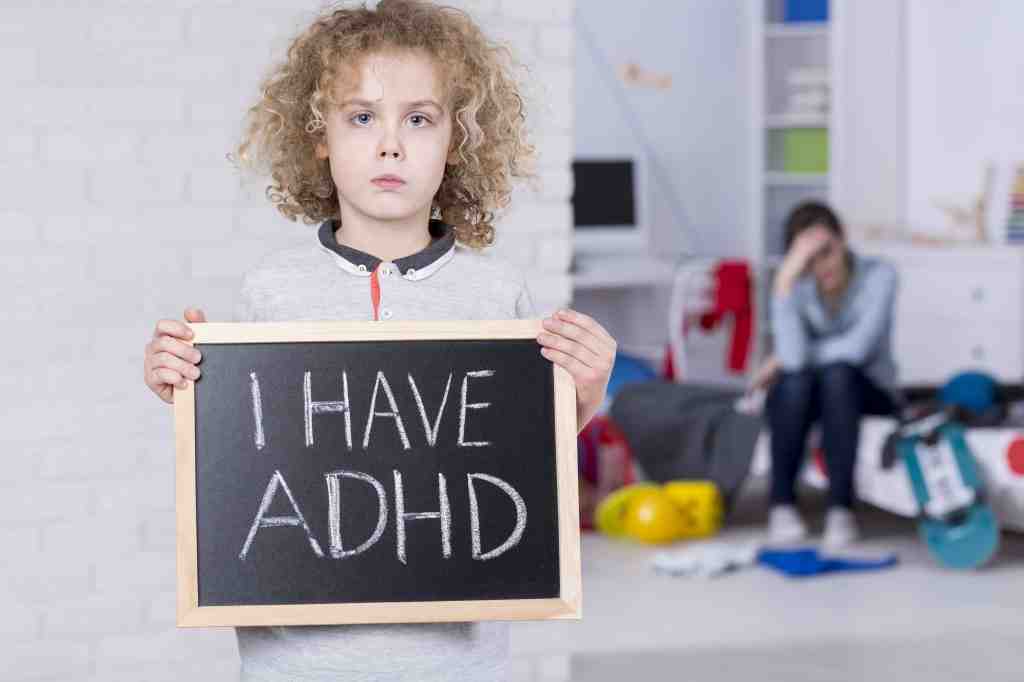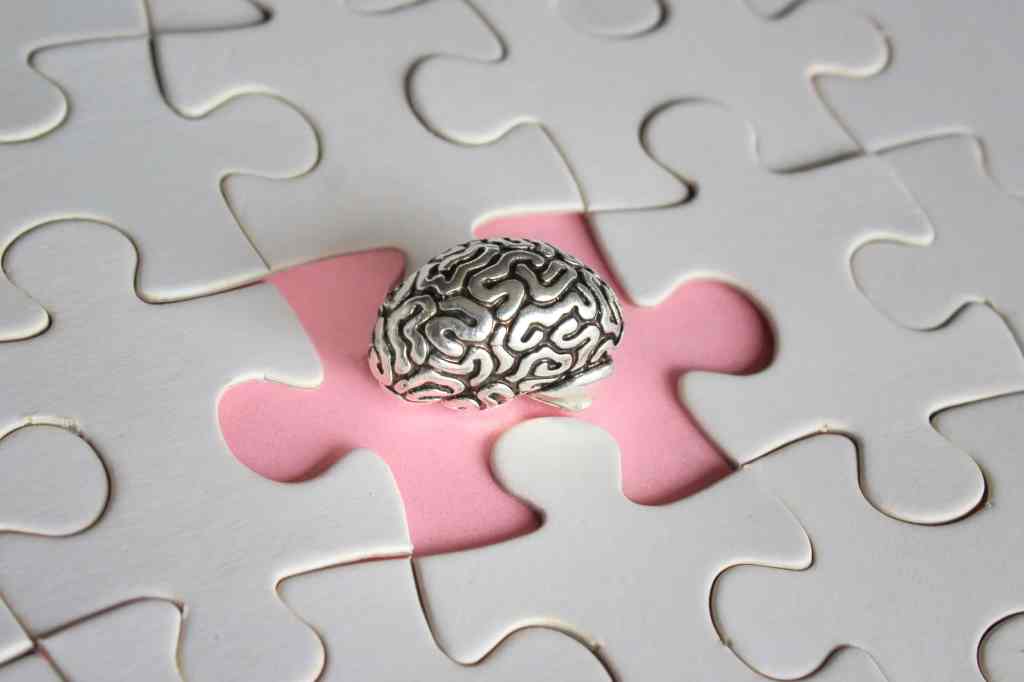Memory loss can be a concerning and sometimes puzzling experience that impacts individuals in various ways. Whether it’s related to a mini-stroke, ADHD, or other contributing factors, understanding the underlying causes is vital for effective management and support.
Furthermore, examining the connections between these conditions and their impact on memory is of utmost importance.
In this comprehensive article, we will explore the relationship between these conditions and delve into the various factors that contribute to memory loss, including the potential influence of high blood pressure medication, depression, and even mythology.
By gaining a deeper understanding of these correlations, we can equip ourselves with the knowledge necessary to navigate these challenges and implement appropriate interventions. Embark on this enlightening journey as we uncover the mysteries surrounding memory loss and unravel the complexities of this intriguing phenomenon.
Let’s begin our exploration!
Mini Stroke

Transient ischemic attack (TIA) is sometimes considered the third type of stroke and can be referred to as a “mini-stroke. occurs when there is a temporary disruption in the blood supply to a specific part of the brain. While these episodes are usually brief and resolve quickly, they can leave lasting effects, including memory loss. Cognitive impairment and memory loss are common after a stroke. Approximately 30% of stroke patients develop dementia within 1 year of stroke onset
The severity and duration of memory impairment following a mini-stroke can vary from person to person, depending on factors such as the location and extent of the brain damage. It is important to recognize the significance of these cognitive challenges and seek appropriate medical evaluation and management.
Early intervention and tailored treatment strategies can play a pivotal role in improving memory function and enhancing overall quality of life.
Remember, addressing memory loss after a mini-stroke requires prompt action and personalized care. By seeking professional guidance and following recommended interventions, individuals can effectively manage memory difficulties and work towards restoring cognitive well-being.
Attention-deficit/hyperactivity disorder (ADHD)

Attention-deficit/hyperactivity disorder (ADHD) is widely known for its impact on attention and focus. However, it’s important to recognize that memory-related challenges can also be present in individuals with ADHD. Research indicates that individuals with ADHD may struggle with working memory, which plays a vital role in retaining and manipulating information in the short term.
Difficulties with working memory can manifest in various ways, such as forgetfulness, difficulty following instructions, or trouble organizing thoughts. These memory impairments can have a significant impact on academic performance, daily activities, and overall functioning.
It is advisable to seek guidance from a healthcare provider. They can conduct a comprehensive evaluation, provide valuable insights, and offer potential interventions tailored to address both the ADHD and memory-related challenges.
Remember, early identification and appropriate management strategies can make a substantial difference in mitigating the impact of memory difficulties in individuals with ADHD. By working closely with healthcare professionals, individuals can gain the necessary support and strategies to optimize their cognitive functioning and overall well-being.
High Blood Pressure Medication

Maintaining optimal blood pressure levels is indeed crucial for overall well-being and cardiovascular health. However, it is natural for individuals to have concerns about the potential impact of high blood pressure medication on memory.
While there have been studies investigating the association between certain blood pressure medications and memory loss, the current evidence is not yet conclusive. Some research suggests a possible link, while others have found no significant connection. It is important to note that individual responses to medication can vary, and the potential effects on memory may differ from person to person.
If you have concerns about the potential impact of your high blood pressure medication on memory, consult with the doctor. he/she can provide personalized advice based on your specific medical history, medication regimen, and overall health condition. Your doctor may recommend alternative medications or adjustments in dosage if necessary.
The best tip we can give is open communication with your healthcare provider is key in addressing any concerns or potential side effects of medications. Together, you can make informed decisions regarding your treatment plan while prioritizing both blood pressure management and cognitive well-being.
Depression

Depression is a complex mental health condition that can present itself in various forms, and memory loss is one potential symptom. The experience of depression often includes persistent feelings of sadness, hopelessness, and a lack of interest in previously enjoyed activities. Additionally, individuals with depression may encounter difficulties with concentration and memory.
Memory problems in depression can manifest as forgetfulness, difficulty recalling information, or feeling mentally foggy. These cognitive impairments can further contribute to the challenges individuals face in their daily lives. However, it’s important to note that memory loss alone is not sufficient to diagnose depression. A comprehensive assessment by a healthcare professional is necessary to evaluate the presence of other depressive symptoms.
If you suspect that you or someone you know may be experiencing depression along with memory problems, seeking professional help is highly recommended – individuals can receive the appropriate care and support needed to manage both their depressive symptoms and any associated memory difficulties effectively. Primary care providers routinely diagnose and treat depression and refer individuals to mental health professionals, such as psychologists or psychiatrists
Remember, addressing depression requires a holistic approach that may involve a combination of therapy, medication, lifestyle modifications, and support from loved ones.
Mythology

Throughout history, mythology has offered explanations for various phenomena, including memory loss. In Greek mythology, the goddess Mnemosyne personified memory, while her daughter, the river Lethe, represented forgetfulness. While these myths provide intriguing insights into how societies in the past conceptualised memory loss, it is important to approach them as allegorical rather than literal explanations. Understanding the scientific basis behind memory loss is crucial for accurate diagnosis and effective management.
In the context of memory loss, mythology has played a significant role in shaping cultural narratives and understanding. The ancient Greeks personified memory and forgetfulness through Mnemosyne and Lethe, symbolizing the intricate relationship between remembrance and oblivion. However, it is essential to recognize that these myths serve as symbolic representations rather than factual accounts.
In contemporary society, our understanding of memory loss is grounded in scientific research and empirical evidence. Through advancements in neuroscience and psychology, we have gained valuable insights into the complex workings of memory and the factors that can contribute to its impairment. This scientific understanding enables healthcare professionals to provide accurate diagnoses and develop tailored interventions for individuals experiencing memory difficulties.
By embracing both the cultural heritage embedded in mythology and the rigorous scientific inquiry into memory loss, we can obtain a comprehensive understanding of this phenomenon. This holistic approach allows us to navigate the complexities of memory loss with greater precision and efficacy.
Multiple Sclerosis (MS)

Somewhere between 4 and 7 in every 10 people with MS will experience some kind of changes in memory or thinking.
MS Society
Multiple sclerosis (MS) is a neurological condition that can have a profound impact on various aspects of daily life such as fatigue, pain, bladder and bowel problems, sexual dysfunction, movement and coordination difficulties, vision and cognition changes, and emotional/mental health problems. Not every MS patient is affected by the condition in the same way. Individuals with MS may experience memory loss due to the direct effects of the disease on the brain, as well as the emotional and psychological challenges associated with living with a chronic condition.
The neurological damage caused by MS can disrupt the intricate processes involved in memory formation, retrieval, and consolidation. Additionally, the emotional and psychological stressors that often accompany the condition can further contribute to difficulties with memory. Coping with the uncertainties and demands of living with MS can place an additional cognitive load on individuals, affecting their ability to remember information effectively.
For individuals living with multiple sclerosis (MS), memory loss can be a significant concern. The complex nature of MS can affect various aspects of cognitive function, including memory. The causes of memory loss in MS can be multifaceted, stemming from both the direct impact of the disease on the brain and the emotional and psychological toll of managing a chronic condition.
When experiencing memory difficulties related to MS, it is essential to seek support and guidance from healthcare professionals who specialize in the treatment of neurological conditions. Neurologists and rehabilitation specialists have the expertise to provide personalized care and tailored strategies to address memory concerns. They can offer cognitive rehabilitation exercises, recommend lifestyle modifications, and teach coping techniques that can enhance memory function and overall cognitive well-being.
By actively engaging in the management of memory concerns, you empower yourself to navigate the challenges associated with MS-related memory loss. Optimal management may involve a combination of medical interventions, lifestyle adjustments, and cognitive exercises designed to optimize your cognitive abilities to the best of your ability.
Remember, you are not alone in your journey with MS-related memory loss. By reaching out to your healthcare team and seeking support, you can gain valuable insights, develop effective strategies, and make informed decisions about managing memory difficulties, ultimately improving your quality of life.
Conclusion
Memory loss can be influenced by factors such as mini-strokes, ADHD, high blood pressure medication, depression, and mythology. Recognizing these connections is crucial for accurate diagnosis and management. Seeking professional guidance ensures personalized support and interventions for memory difficulties. Understanding the causes of memory loss empowers individuals to take proactive steps toward improving cognitive well-being. If you or someone you know is experiencing memory problems, consulting with healthcare professionals can provide valuable insights and strategies. Remember, addressing memory loss requires a comprehensive approach tailored to individual needs. By staying informed and seeking appropriate support, individuals can navigate the challenges of memory loss with greater confidence and work towards maintaining a healthy and vibrant memory.
Having memory problems doesn’t mean you can’t achieve success. In fact, it’s important to remember that many successful individuals have faced similar challenges and have still reached great heights. The key lies in recognizing your strengths, adapting to your unique situation, and seeking the right support. At Success Envisioned, we believe in your ability to overcome memory obstacles and thrive in your personal and professional pursuits. With our tailored strategies, resources, and supportive community, we will empower you to embrace your potential, explore alternative approaches, and unlock the path to success.
Remember, you are not defined by your memory difficulties but by your determination, resilience, and the actions you take towards your goals. Together, let’s envision your success and make it a reality.

Leave a comment